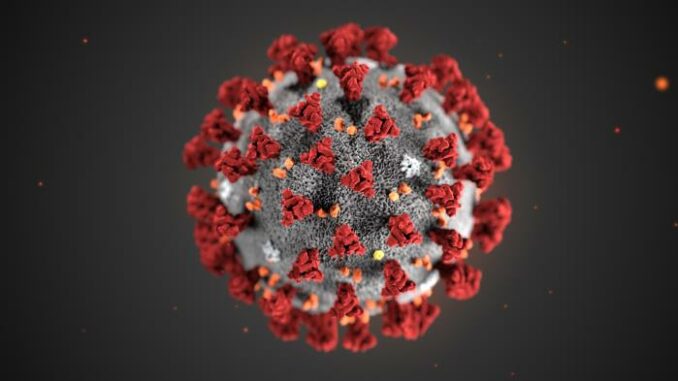
The North Carolina Department of Health and Human Services’ Division of Public Health is working with the Centers for Disease Control and Prevention, local health departments and health care providers to closely monitor the novel coronavirus (2019-nCoV) that originated in Wuhan, China.
The first case in the United States was announced Jan. 21, 2020 in Washington state, and to date, there are five confirmed cases in the United States. There are ongoing investigations by the CDC to learn more.
So far, there are no confirmed cases in North Carolina. The risk to the general public in North Carolina is considered low at this time.
NCDHHS is providing guidance to state and local health agencies, health care providers and the general public regarding this rapidly evolving outbreak investigation. This guidance is available on the Division of Public Health’s 2019-nCoV website.
“We continue to monitor the spread of this novel coronavirus very closely,” said State Health Director and DHHS Chief Medical Officer Dr. Elizabeth Cuervo Tilson. “While people should take this new virus seriously, at this time of year, respiratory illnesses in people in North Carolina are most likely due to infection with influenza or viruses that cause the common cold. People should take precautions to protect themselves and others from these infections, including washing your hands frequently, covering your cough, avoiding close contact with people who are sick and making sure you have gotten your annual flu shot.”
Moving forward, to protect individuals’ privacy, DHHS will not be publicly disclosing the number of people being evaluated for 2019-nCoV.
Appropriate infection prevention measures will be taken if and when a person is under investigation. Should there be any positive test results, the total number of confirmed cases in North Carolina will be added to and updated on the DPH 2019-nCoV website.
The risk to the general public in North Carolina, especially without history of travel to China, is considered very low at this time. As such, no additional precautions are recommended for the general public. The most effective means to prevent the spread of other respiratory infections, including flu, are:
- Wash your hands often with soap and water for at least 20 seconds. Use an alcohol-based hand sanitizer if soap and water are not available.
- Cover your mouth and nose with a tissue or your sleeve (not your hands) when coughing or sneezing.
- Avoid exposure to others who are sick.
- Stay home when you are ill.
If you have traveled to affected areas outside the U.S. where 2019-nCoV outbreaks have been identified (e.g. Wuhan, China) and feel sick with fever, cough or difficulty breathing within two weeks of leaving, you should:
- Seek medical care right away. Before you go to a doctor’s office or emergency room, call ahead and tell them about your recent travel and your symptoms so appropriate steps can be taken to avoid exposing others.
- Avoid contact with others.
- Do not travel while sick.
- Cover your mouth and nose with a tissue or your sleeve (not your hands) when coughing or sneezing.
- Wash hands often with soap and water for at least 20 seconds. Use an alcohol-based hand sanitizer if soap and water are not available.
What is DPH doing to protect North Carolinians?
- Working with local health departments and clinicians to evaluate all potential cases and coordinate care and testing as needed.
- Providing guidance and best practices for health care and other settings so we are prepared to respond if a case should be reported in North Carolina.
- Maintaining close contact with CDC and sharing all new information as this situation continues to evolve.
This is a rapidly evolving situation. NCDHHS will continue to monitor the situation in coordination with the CDC.
People who have questions or concerns related to 2019-nCoV can call 866-462-3821 for more information. There are also resources available on the DPH website at epi.dph.ncdhhs.gov/cd/diseases/2019nCoV.html and on the CDC’s website at www.cdc.gov/coronavirus/2019-ncov/index.html.
